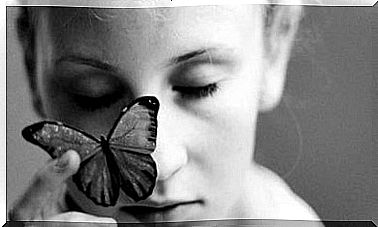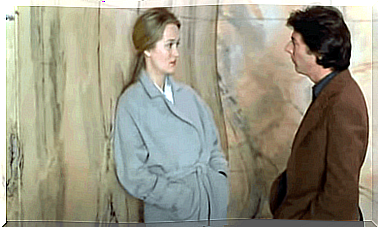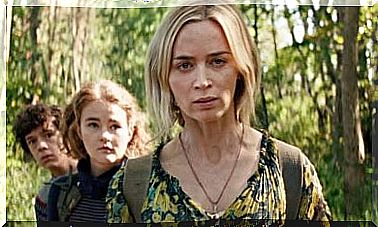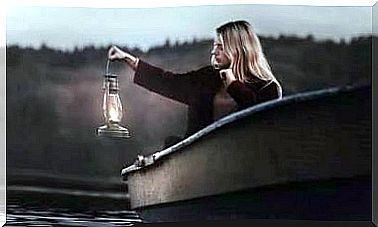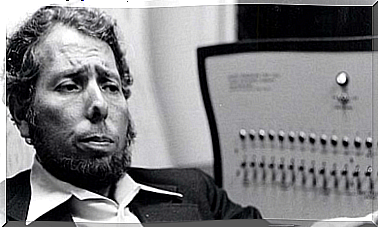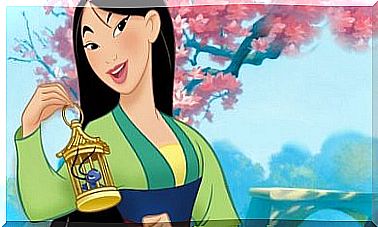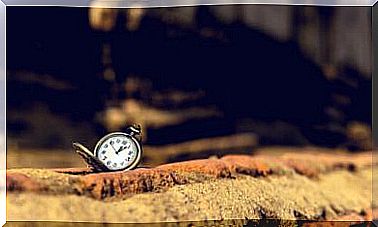We Live In A Culture Of Knowing A Lot, But Knowing Little

Today we have endless means of access to information and training. However, although there are practically no children in our country without schooling or young people who have not completed basic, compulsory, university or postgraduate studies, are we really smarter or more educated than before?
Of course, I will not reveal anything yet. To find out, you must discover the following lines, but I am going to tell you something: not all knowing is knowing, nor accessing is possessing, nor all studying is learning. For this reason, this 21st century is doing us many times more harm than good.
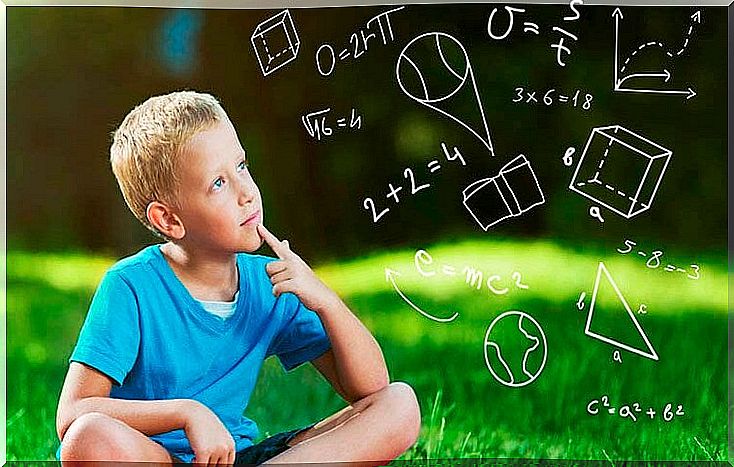
Culture is learning, not knowing
We are losing ourselves. Every day more. Something a bit cynical in the information and technology age. And this is one of the main reasons, having so much accessible information has further lost the culture of effort. Our young people were born as “screen children”, one click away from the universe.
To learn, you have to discover, you have to ask yourself questions -many questions-, make mistakes and, for that, you have to get out. Technology is a highly beneficial medium, but it is not everything. Almost all of us remember how we did long jobs with multiple volumes of encyclopedia, with books and newspapers, elaborating the information. Our society, every day more, provides us with endless information that the little ones -or even us- neither know how to digest nor many have anyone to teach them how to do it.
What implication does it have in our lives? We know everything, but we know very little. We have basic or specialized notions, but in most cases we do not know its application or usefulness or how to get the maximum possible benefit from that knowledge. Our pending subject is the most important, learning to learn and teaching to teach.
If we want our little ones to be useful adults -or us to be worthy references- we should go back to the maps to find a city, grow chickpeas in a yogurt to explain photosynthesis, make bread to understand fermentation or get closer to the history of our city visiting museums. Searching the Internet for “Spanish civil war” is easy and fast, but it will not do us any good if we do not use that information in an effective and useful way.
Manifestations of culture: the types of intelligence
Howard Gardner (1993) and his collaborators from the Harvard School of Education’s “Zero” project left behind the concept of intelligence as something innate. They conceptualized intelligence as something dynamic, that is, the qualities with which we are born can be enhanced or developed throughout life. From this perspective there has been much later theoretical development that has integrated new concepts and dimensions.
Succeeding in business or sports requires being smart, but a different kind of intelligence is used in each field. Not better or worse, but different. In other words, Einstein is neither more nor less intelligent than Michael Jordan, his intelligences simply belong to different fields. Thus, culture is not defined by formative instruction.
Now, how does this connect with culture? From this point of view, who else knows mathematics is not smarter, because that is just one of the many areas in which we can develop. Therefore, we are not smarter than before. Why? They do not teach us to live.
Culture and life
This is where he eradicates the importance of teaching to communicate assertively and effectively, of being able to select important information, of having knowledge in self-control, ethics, of applying knowledge to daily life … We have no real motivation to learn because we do not know why it serves us.
We need happy, autonomous and critical children who do not take all the information at their fingertips for granted. Children who are aware that a bad grade does not make them useless. We must enhance their abilities, that will make them cultured. College studies are not everything. Trades (carpentry, mechanics) are widely undervalued, where it seems that someone who decides to opt for these studies is “because they do not have the necessary ability” to pursue a career. Totally wrong.
Thus, I encourage you to bet on your children and yourselves. Diversity and integration is what enriches us and what truly defines our culture. Look for your skill and that of your children, fight for it. We need creative people with strong convictions, enthusiastic and passionate about what they do, something that does not necessarily imply a university education.

